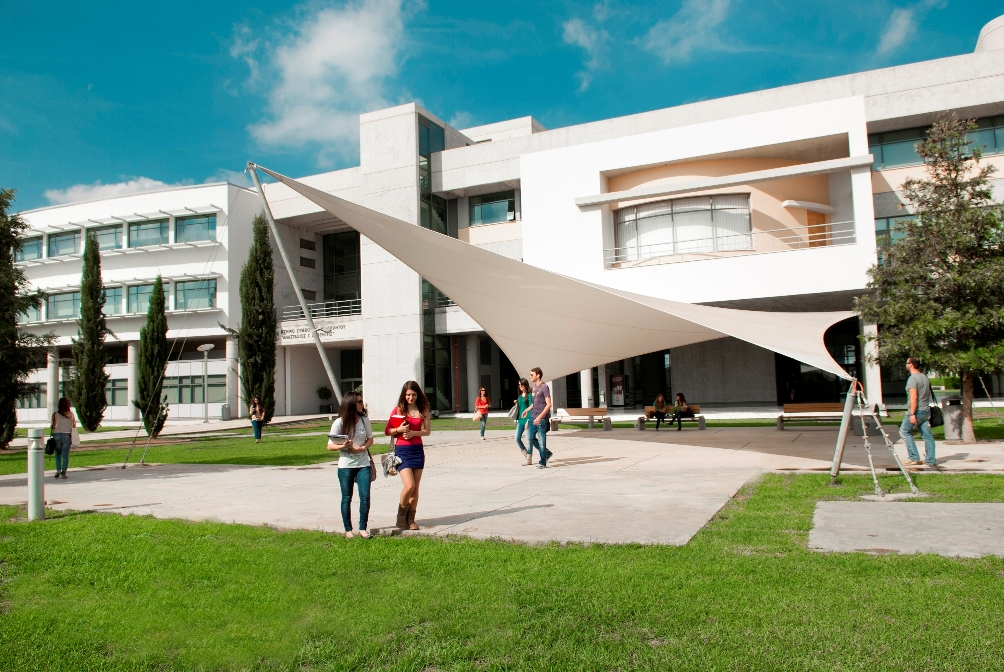Three researchers at Cyprus universities are among 321 projects that will share €657 mln worth of grants from the European Research Council (ERC).
The funding is part of the EU’s Horizon Europe programme and will help excellent scientists, who have 7 to 12 years’ experience after their PhDs, to pursue their most promising ideas.
Two of the three Cypriot research projects involve the use of drones in different applications and the third explores the case of crimes committed and people who have disappeared during conflicts.
Margarita Chli, assistant professor at the Cyprus University of Technology’s Department of Electrical
Engineering, Computer Engineering and Informatics, won the grant for “SkEyes”, a high-fidelity collaborative perception for small unmanned aerial vehicles (UAVs).
Stelios Timotheou from the University of Cyprus submitted his project, “Uranus”, a real-time urban mobility management via intelligent UAV-based sensing, while the third grant went to Iosif Kovras, also from the University of Cyprus, for “DisAct” (Disappearing Act), which involves reconstructing the crime of disappearances in times of political violence.
Pursue scientific dreams
Prof. Maria Leptin, President of the European Research Council said the ERC Consolidator grants support researchers at a crucial time of their careers, “strengthening their independence, reinforcing their teams and helping them establish themselves as leaders in their fields. And this backing above all gives them a chance to pursue their scientific dreams.”
In an announcement, the ERC said the grants will be invested in scientific projects spanning all disciplines of research from engineering to life sciences to humanities.
For example, a neurologist in Denmark will look for a personalised treatment for chronic pain; a researcher in France will explore fibrous materials as green alternative to fossil-based plastics; and a bioarchaeologist in Lithuania will study what influenced the adoption and abandonment of crops over time, to improve present-day food security, biodiversity, and adaptation to climate change.
The laureates of this grant competition proposed to carry out their projects at universities and research centres in 18 EU member states, plus other countries associated with Horizon Europe. Among the EU countries the highest numbers of grants are in Germany (62), France (41) and Spain (24).
This call attracted 2,222 applicants, while the grants will create around 1,950 jobs for postdoctoral fellows, PhD students, and other staff at the host institutions.










